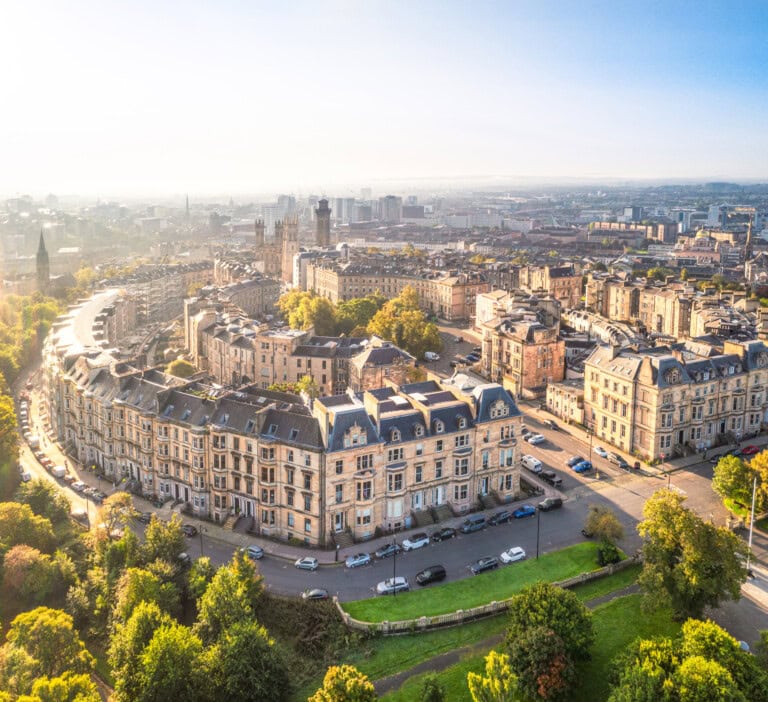Reimagining our Homes and Communities
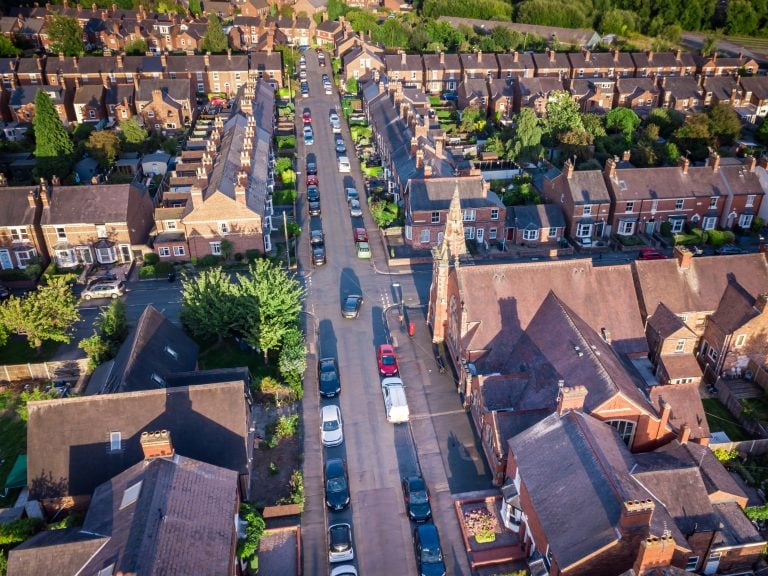
What if, every time we built something, the communities and ecosystems around us got better?
That is the key question that our Regenerative Places Programme aims to explore, so we can start to understand how we can shift towards a built environment that has a positive impact on people, places, and planet.
Why ‘Regenerative’?
Currently, our built environment is not sustainable. Although we have made significant steps forward in understanding and reducing the negative impacts of constructing and operating buildings, the vast majority of approaches still add carbon to our atmosphere, deplete our resources, degrade the health of both our ecosystems and the people and communities that live in them. We urgently need to shift away from that downwards spiral, towards a ‘living systems’ approach that has a restorative and regenerative impact, as illustrated compellingly by Pamela Mang and Bill Read here, and described for the built environment in the AD Regenerative Design Primer. We must do better than being ‘less bad’.
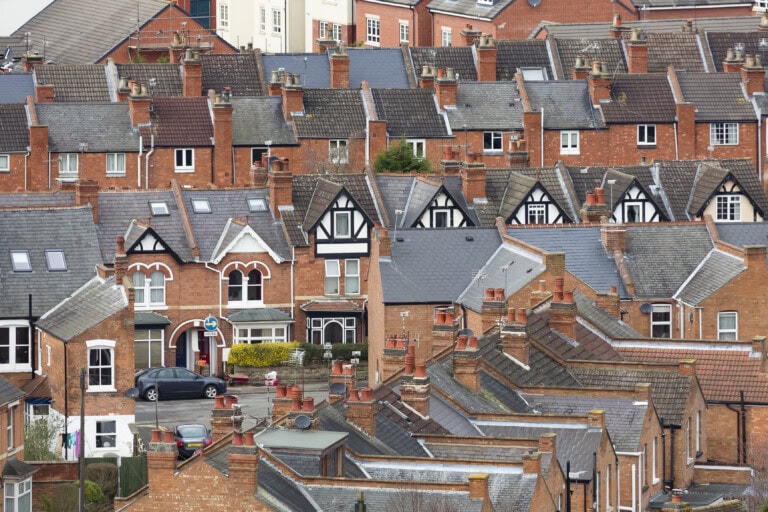
Growth, Net Zero and a Shared Vision
How can we get there and what could that mean for the way we work? Especially in the context of a government pursuing economic growth as its top priority, and a world faltering in its climate commitments.
The World Economic Forum (WEF) reiterated in their 2025 Global Risks Report that the top four risks to our global economy over the next ten years are environmental – extreme weather events, biodiversity loss and ecosystem collapse – “Extreme weather events, biodiversity loss and ecosystem collapse, critical change to Earth systems, and natural resource shortages” – unless we mitigate these risks, the longer-term economic picture looks increasingly bleak.
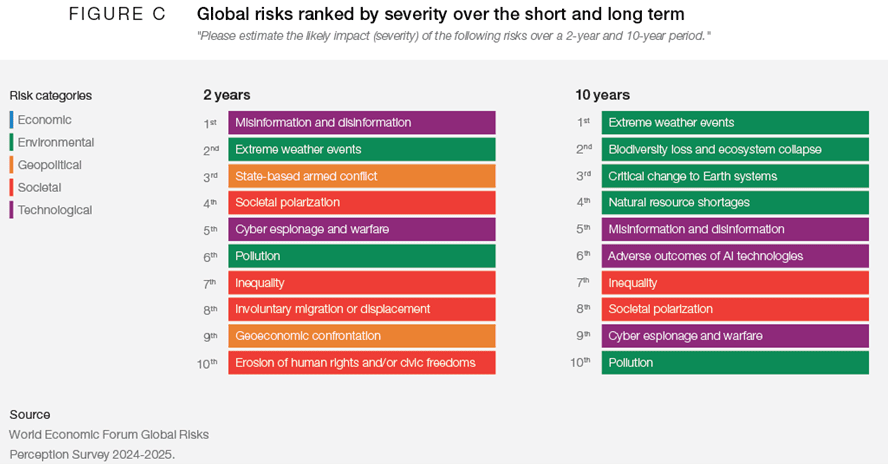
Yet, all risks are interconnected and, according to the WEF, two core underlying risks exacerbating the others are inequality and decline in health & wellbeing. They state:
Inequality [is] perceived as the most central risk of all, playing a significant role in both triggering and being influenced by other risks. It is contributing to weakening trust and diminishing our collective sense of shared values.”
Unless we address these underlying factors, we cannot address environmental risks. People need to trust that addressing environmental risks will also have a positive impact on them, and the places where they live, work, and play. As we transition to net zero and shift towards a built environment that can address societal, as well as environmental risks, we need to restore our collective sense of shared values and a common vision of an emerging future that looks better for all of us.
Retrofitting – and reimagining – our homes and communities
The CCC’s seventh Carbon Budget emphasises the critical role our homes and communities must play in the transition. The biggest emission reduction for our sector needs to come from the residential sector, with emissions required to fall by 66% by 2040.
Upgrading the nation’s homes is one of the biggest opportunities the UK has to reduce carbon emissions. Yet the investment necessary also has the potential to deliver wider benefits to society if home upgrades are delivered in ways that respond to the challenges our communities face. We could address inequality by supporting the 6.5 million households in fuel poverty. We could improve public health by tackling the £1.4 Billion spent by the NHS every year treating illnesses associated with poor housing.
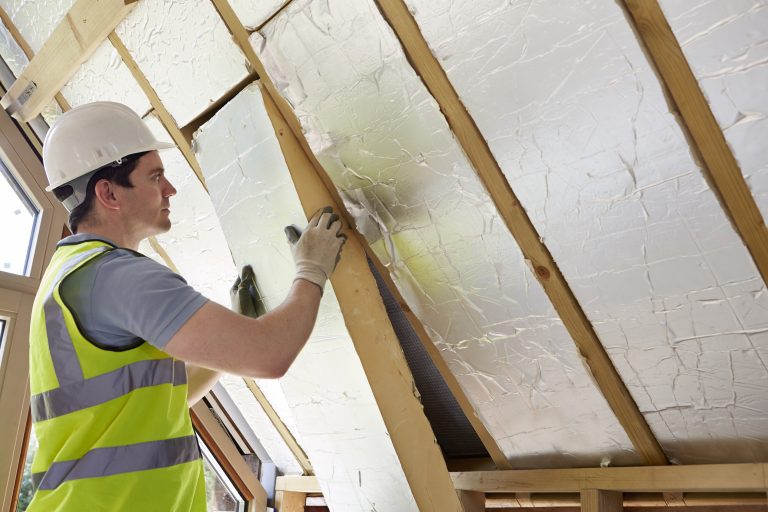
Our work with Local Authorities and the MCS Foundation on Local Area Retrofit Accelerator (LARA) pilots, is aimed at taking a collaborative approach to accelerating home retrofit, working hand-in-hand with localities across the UK to co-create local retrofit strategies that address the unique challenges and opportunities of each region.
Through our Regenerative Places Programme, we are further exploring how a place-based approach to retrofitting our homes and communities could act as a catalyst to envision wider ‘regenerative’ benefits to communities. This approach overlays broad aspects of UKGBC work such as delivering Social Value; considering how we could take a Nature-Positive approach; and how we could embed Climate Resilience. By thinking holistically, we can reimagine our local places beyond a focus on narrow metrics, and ensure that local people are kept at the heart of decision making.

Shifting our ways of working
But how can we get there? What could that mean for the way we work? Recent roll-backs in corporate commitments drive home the fact that there is no point in setting sustainable, let alone regenerative, goals if we don’t also shift the ways organisations are set up and operate. This means thinking differently about organisations’ purposes, our governance structures, our company cultures, and the role of leadership, ensuring we are set up to be able to work towards goals that prioritise long-term value. It’s as much about how we work together as it is about where we want to get to. We all need to do what we can, with the agency that we have.
Over the next year we will be drawing insights from our LARA pilots and sharing lessons learned. We will be developing a ‘compendium of case studies’ where innovative projects are starting to demonstrate ‘regenerative traits’ in the processes they are using, or the outcomes they are achieving. We will also be seeking to hear from more diverse stakeholders – community-led groups and representatives whose voices are less often heard in this space.
If you share our mission and you want to see a positive regenerative shift to a genuinely sustainable future, then join us and help us work this through together.
Related
Regenerative Places: Empowering communities to improve homes and neighbourhoods for the benefit of people and planet.
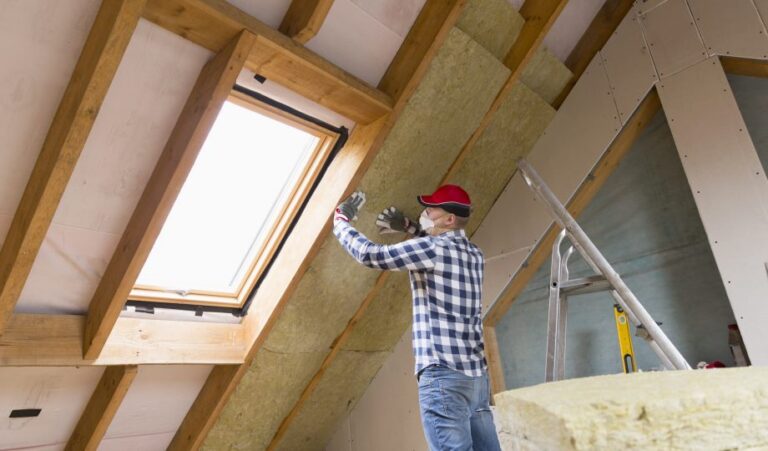
UKGBC announces new innovation initiative with Breakthrough Energy and FORE Partnership
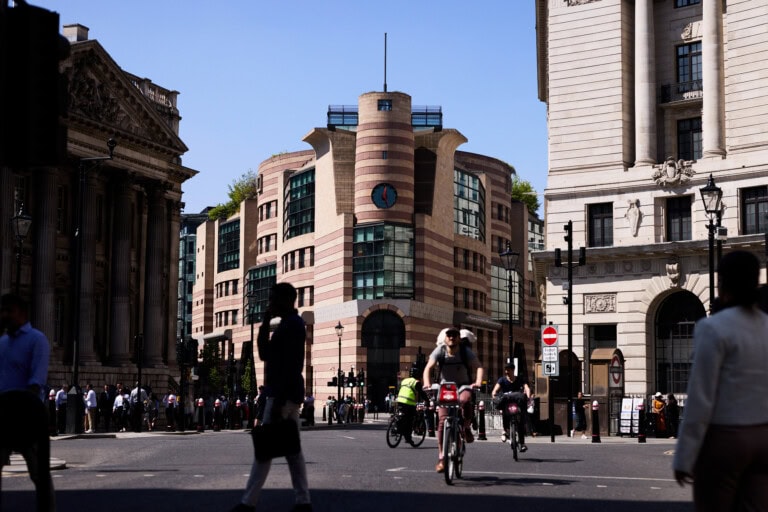
UKGBC launches the UK Climate Resilience Roadmap

UKGBC responds to the Climate Change Committee’s 2025 Progress Report


